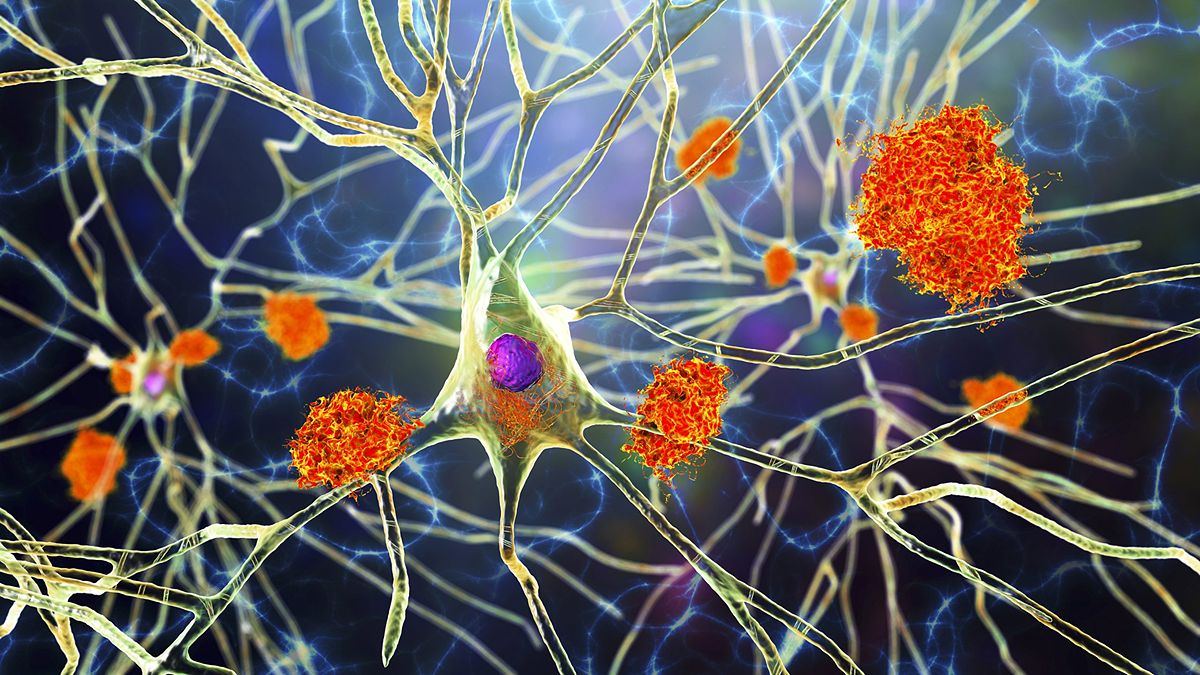Researchers have discovered a new genetic form of Alzheimer's disease, shedding light on the impact of the APOE4 gene. Individuals with two copies of the APOE4 gene show biological characteristics of Alzheimer's pathology and develop the disease earlier. This groundbreaking finding may lead to personalized prevention strategies and targeted treatments for this specific genetic form of the disease.
A New Genetic Form of Alzheimer's Disease Discovered
Researchers have made a groundbreaking discovery in the field of Alzheimer's disease. A new genetic form of the disease has been identified, shedding light on the impact of the APOE4 gene. This finding has significant implications for diagnosis, research, and therapeutic development.
Individuals with two copies of the APOE4 gene, known as APOE4 homozygotes, show biological characteristics of Alzheimer's pathology in the brain or biomarkers of the disorder in cerebrospinal fluid and PET scans. Over 95% of individuals over the age of 65 who are APOE4 homozygotes exhibit signs of Alzheimer's pathology, and they develop the disease earlier than those with other variants of the APOE gene.
This discovery represents a reconceptualization of Alzheimer's disease. While the APOE4 gene has long been associated with a higher risk of developing Alzheimer's disease, it is now known that virtually all individuals with two copies of this gene develop Alzheimer's biology. APOE4 homozygotes represent between 2% and 3% of the population.
Implications and Potential for Personalized Treatment
The discovery of this new genetic form of Alzheimer's disease opens doors for further research and personalized prevention strategies. It may also lead to targeted treatments specifically tailored for individuals with two copies of the APOE4 gene.
By understanding the specific genetic form of the disease, researchers can develop individualized prevention strategies and targeted treatment approaches. This may include the exploration of CRISPR-based gene therapies and cell replacement therapies specifically designed for patients with APOE4-homozygous Alzheimer's disease.
Furthermore, the findings suggest that APOE4 status should be considered an important parameter in clinical trial design, patient recruitment, and data analysis. Separating APOE4 homozygotes and heterozygotes in treatment groups may enhance treatment efficacy and allow for more effective therapeutic interventions for genetically defined patient populations.
Importance of Diverse Populations in Research
While the study has its limitations, such as the predominantly white population in the samples, the researchers emphasize the importance of including diverse populations in future studies. This will help elucidate the full scope of the effect of APOE4 on Alzheimer's risk and ensure that genetic insights translate into benefits for all ethnicities.
Conclusion
This groundbreaking research highlights the importance of the APOE4 gene in Alzheimer's disease and sheds light on a new genetic form of the disorder. It opens doors for further research, personalized prevention strategies, and targeted treatments, ultimately bringing us closer to understanding and combating this devastating disease.

